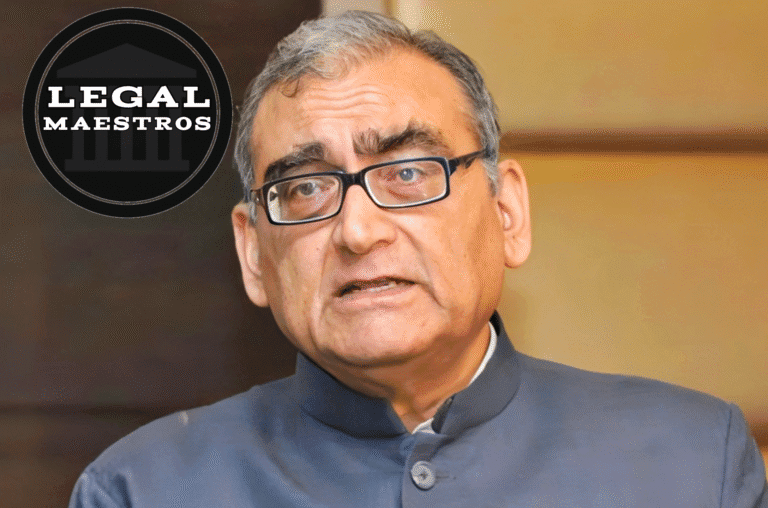
AI technologies are developed in terms of generative models to an extent where such content generated might look similar to the one written by a human. Such generative models operate based on big data sets, many times extracted from the works themselves, allowing new content to be created based on the learned pattern and structure.
With its passage of the Digital Personal Data Protection Act, 2023, India takes an important step forward in data protection polices as it establishes a broad framework of ensuring protection of personal information and a final step of reinforcing the rights to privacy of individuals. The law puts India on par with international standards of protection of personal data and creates a system of regulations relevant to the realities of the local digital environment.
Another key aspect of the Act is its focus on the issue of consent management, which means that organisations must include the requirement to seek explicit, informed consent of people before personal data could be processed. Such a structure guarantees that information is gathered and used solely out of legal and open factors, thus, persons will have the option of retaining command of their data.
For any queries or to publish an article or post or advertisement on our platform, do call at +91 6377460764 or email us at contact@legalmaestros.com.
The Act also provides data principals, whose data are processed, a number of specified rights. These rights are the right to access their personal data, to correct the inaccurate data, and to demand the destruction of data once it is not needed anymore to achieve the indicated purpose. These actions are aimed at bringing a power balance between data processors and humans so that accountability in the digital environment is achieved.
The setting up of the Data Protection Board of India, which was an adjudicatory body with power to enforce the same, hear grievances and penalize infringement, is another central feature in institutional reform through the Act. The Board will act as a centralized body in checking the activities of data fiduciaries, instigate and enforce statutory liabilities and give redress to the suffering individuals.
To companies, the Act provides the need to review the data management dynamics as per the legal provisions. The adherence would require a strong consent capturing mechanism, data protection mechanism and grievance redressal mechanism. In addition to compliance requirements, compliance with the new framework is also likely to result in increased consumer confidence and confidence in digital transactions.
For any queries or to publish an article or post or advertisement on our platform, do call at +91 6377460764 or email us at contact@legalmaestros.com.
Making individual rights a major pillar of the framework and introducing a separate body of enforcement, the Digital Personal Data Protection Act, 2023 promises to bring the new level of privacy in India, guaranteeing the balance between the technological improvement and the preservation of the fundamental rights of citizens.





